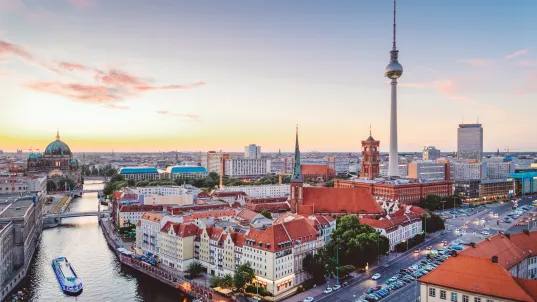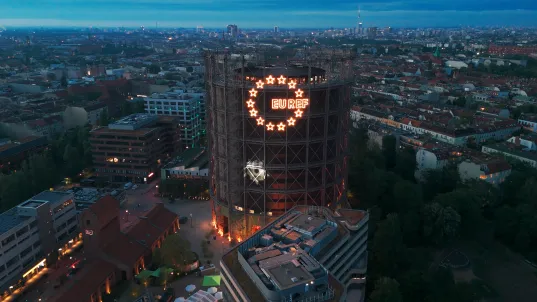Destination Berlin Congress and Event Highlights in Berlin 2026: The Key Dates
Berlin will once again take centre stage in 2026, hosting leading international trade fairs, specialist congresses and major sporting events with global appeal. For event planners, associations and companies, the capital offers a unique combination of short distances, outstanding infrastructure, strong industry clusters and a wide range of incentives. In this overview, you will find the key congress and event highlights taking place in Berlin in 2026.










